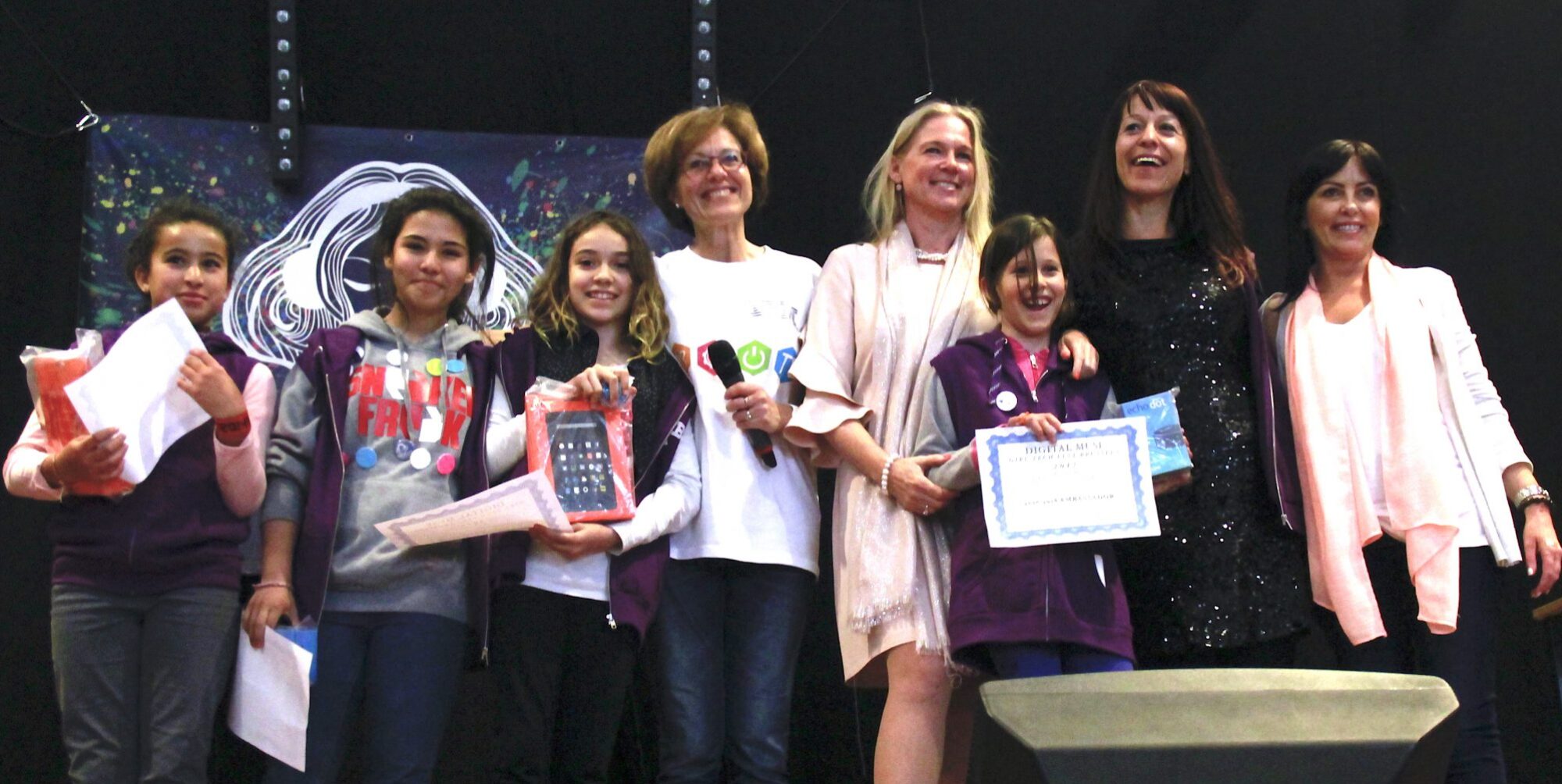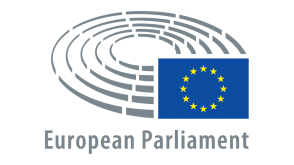The recent withdrawal of the United States from Afghanistan after twenty years of occupation created a power vacuum and resurgence of domestic forces that has triggered a humanitarian crisis. The clamping down on human rights and freedoms, especially impacting girls and women, is forcing flight of hundreds of thousands of Afghan nationals to other parts of the globe. Some of the most high profile evacuations have been of the Afghan Girls Robotics and Girls Soccer teams. There are thousands of harrowing evacuation stories, not all of which have been successful, and countless more at-risk girls and women are still living in uncertainty in Afghanistan.
In her role as Head of EU Delegation to the G20 Women20 stakeholder interest group, Cheryl Miller, DLI Director, played an instrumental role in delivering a Declaration of Support for Afghan Women and Girls to G20 leaders, including EC President von der Leyen and US President Biden, ahead of a 24 August urgent G7 meeting on Afghanistan. President von der Leyen’s remarks there focused on the plight of Afghan girls and women: “We need to help mostly those who are at immediate risk. And those are women, girls and children, who make up the vast majority of internally displaced people – 80% of the internally displaced people in Afghanistan are women and girls.”
As Afghan refugees attempt to make their way to other countries, they will need support – for evacuating from Afghanistan, arriving to a new location, and in assimilating long-term as economic, political and social actors in their adopted homes. An initiative called Women4Afghanistan was launched by Anne Ravanona and Katharina Miller, EU delegates to the G20/W20, in order to rally support for Afghan girls and women on this path. More information on how to contribute to this critical work may be found here:
https://www.women4afghanistan.org/
As Afghan refugees arrive and begin the process of integrating into their new home communities, it will be up to programs like AMIF and the ATHENA project to specifically support Afghan women and their sister refugees from around the world, by delivering on its remit to promote entrepreneurship by women migrants. DLI and the ATHENA partners look forward to the opportunity to support the women and girls of Afghanistan, and women migrants from all over the world, in integrating and achieving financial independence for these most vulnerable.














